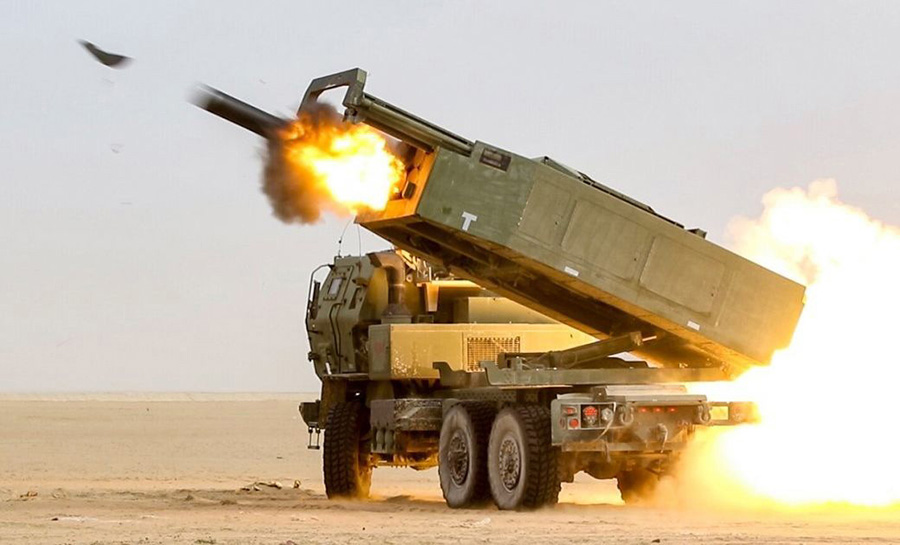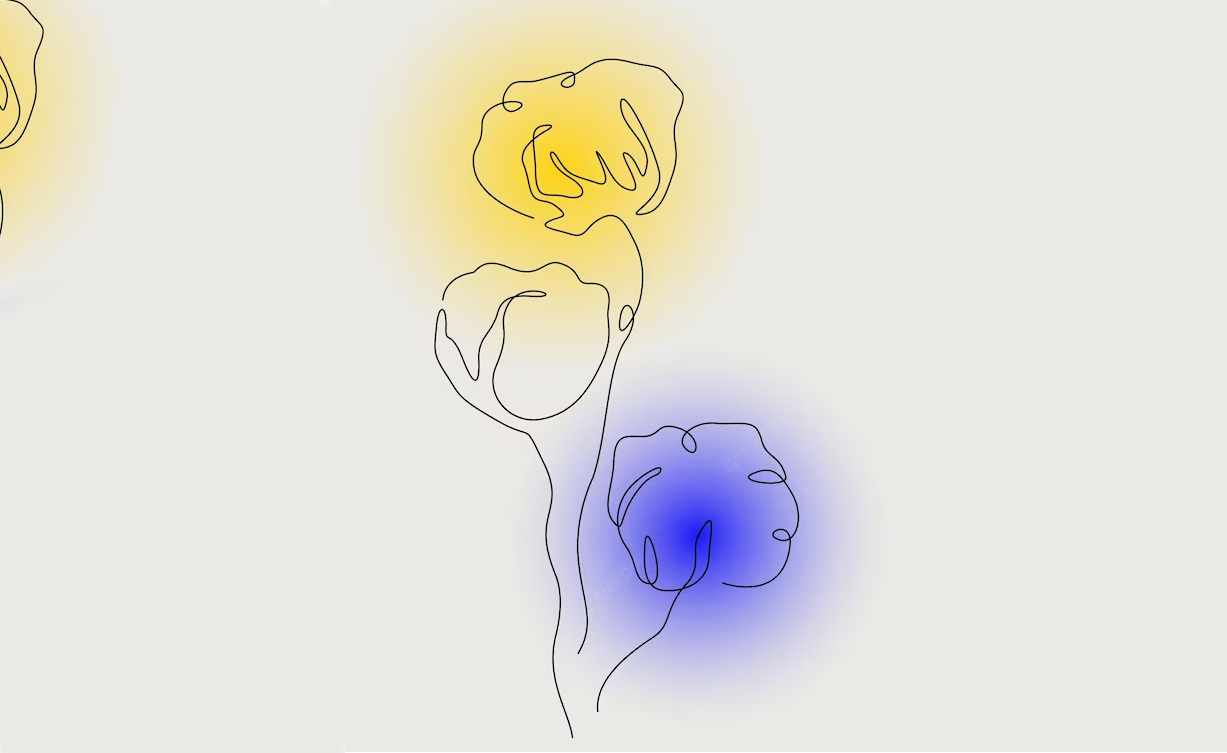During the Russian aggression against Ukraine in 2022, Russian propaganda began spreading disinformation. Communities and social networks disseminated reports of explosions that did not actually take place. This was done intentionally to sow panic among civilians.
However, the Ukrainians quickly figured out that these were fake messages. All thanks to laziness, the unwillingness of the intelligence community to think, and machine translation!
Why bavovna?
This is because Russian propaganda has softened the word “explosion” with the more neutral term “clap” (“khlopok” – on russian). But when the Russians translated “clap” (“khlopok”) into Ukrainian through an electronic translator, they got “bavovna“.
There is a peculiarity of language: “khlopok” in Russian can mean not only a sound like an explosion, but the plant cotton – the difference is in which syllable the emphasis falls on. When the word “khlopok” (cotton) is translated into Ukrainian with the help of a translator you get “bavovna” (cotton), that is a plant from which good clothes are made, including in Ukraine. But not a word that corresponds to the concept of “bang”.
Thus, Ukrainians exposed misinformation when instead of the word “explosion” they saw “bavovna” in messages, a word for a plant that had nothing to do with the context. Then in Ukraine they started joking: if the Ukrainian army was inflicting fire on the occupied territories, they would write “bavovna happened there”. This is how Ukraine mocks its enemies at war!

Bavovna and homonym words
My English-speaking friends, in Russian the sound of an explosion can be described by the word “khlopok”, but at the same time the plant cotton is also “khlopok”. They have the same spelling and sound, but a different meaning. They are words that are homonyms. They are also found in English:
- lead (verb) и lead (metall);
- can (do something) & can (for food);
- bank (on the beach) & bank (financial institution);
- grave (important) and grave (at the cemetery)



One minor thing–the Russian words for “cotton” and “clap” are homographs, but not homophones. That is, they are spelled the same, but the pronounced differently. “Cotton,” хло́пок, has the stress on the first syllable, while “clap, crack,” хлопо́к, has the stress on the second syllable. Since Russian has what is known as vowel reduction (unstressed vowels are pronounced differently from stressed), the two words are pronounced approximates as “XHLOH-pack” and “xhlah-POHK,” respectively. English has vowel reduction too. For instance, consider the difference in pronunciation of the last syllable in “massage” and “message.”